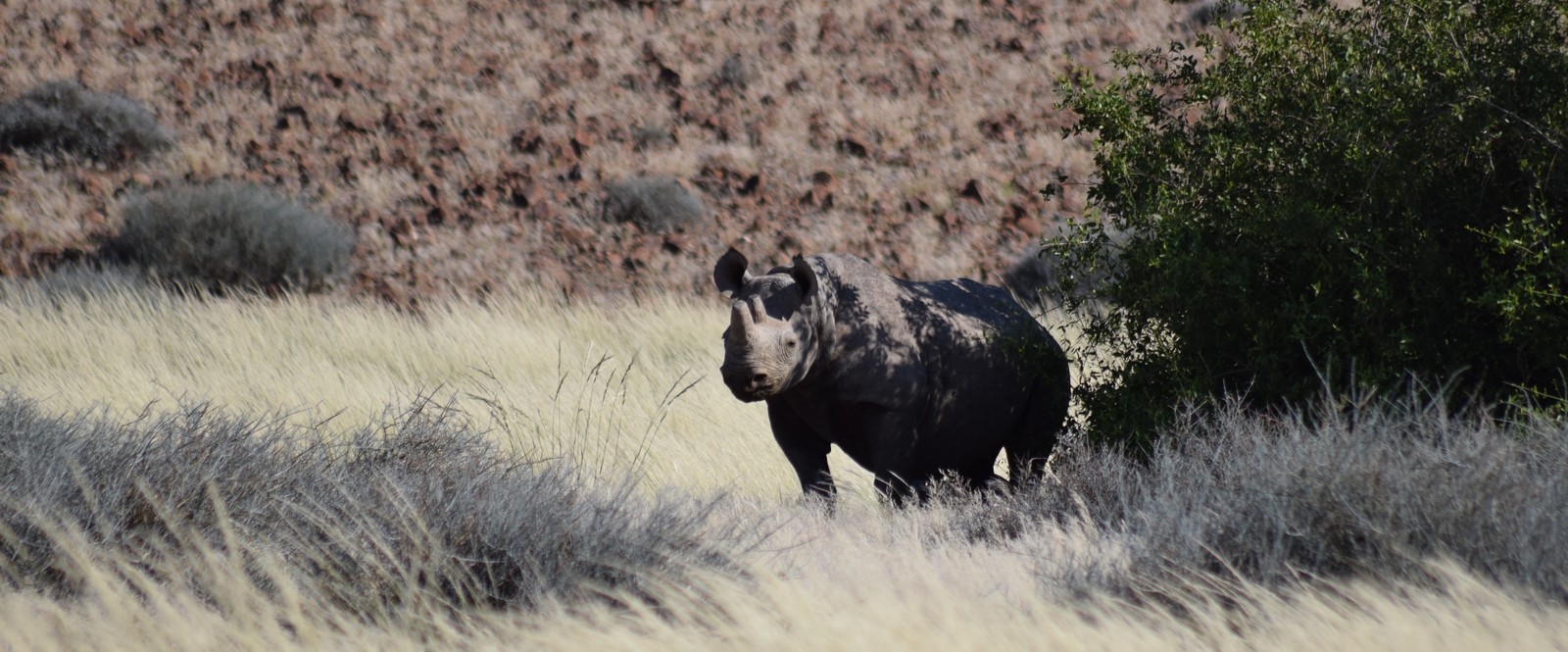The UK government is calling on East Asian countries to mount ‘appropriately targeted’ awareness-raising campaigns to dispel the myth that rhino horn is an effective type of medicine, against a backdrop of alarming levels of rhino poaching.
To read one of many press articles on the subject, click here.
The issue throws up some interesting dilemmas;
Comment from Save the Rhino
The UK government’s call to CITES
There has been a lot of media comment on this week’s CITES meeting in Geneva, at which the UK government will call on Asian countries to mount ‘appropriately targeted’ awareness-raising campaigns about the lack of evidence for the alleged medicinal properties of rhino horn.
We’ve been asked by a number of journalists whether we’re surprised that the UK government is taking a lead on this issue. Well, no we’re not. The UK, through the Animal Health Unit (part of DEFRA) campaigned vigorously and successfully earlier this year for a ban throughout the EU on the export of antique rhino trophy mounts beyond the boundaries of the EU, in recognition of that fact that many such mounts were ending up in East Asia. And rhino-related crime is not just something that happens in Kenya or Zimbabwe or South Africa: an increasing number of thefts of rhino horn exhibits from UK and European museums and auctioneers have brought the problem right onto our own doorstep. It’s not something we can just ignore. We also believe that conservation of Critically Endangered Species is the responsibility of the whole world, irrespective of where we actually live.
So initially, it’s hard to see why anyone would argue with the call for action to address the demand for rhino horn. Perhaps if East Asian users understood that rhino horn has no medicinal properties, whether for fevers or cancer or anything else, then they might stop buying it. They might stop paying such large sums if they thought that rhino horn does not actually work.
But rhinos are dying at a rate of one a day, and if the poaching trend continues to increase at the current rate, then overall rhino numbers will go into decline in 2013. Changing attitudes takes a long time: think of how long it has taken for attitudes to cigarette-smoking to change from being seen in virtually every shot in post-Way Hollywood films to today’s ban on smoking in public places. Do we have enough time to change a billion minds?
And meanwhile, despite lots of scientific investigations to disprove their effectiveness, we Brits continue to buy homeopathic remedies over the counter. If we don’t trust what the scientists tell us and act on their advice, why should the Chinese, why should the Vietnamese?
There is another curious paradox in this call for action on the part of consumer country governments. For the fact is, it would suit a lot of people, particularly private rhino owners in South Africa, if the demand for rhino horn continues. They hope that, in future, CITES might agree to legalise the trade in rhino horn, so they can export it to East Asian countries, and in return generate income to cover the not-insignificant costs of maintaining a well-run wildlife reserve. Squashing the demand now, by proving that rhino horn has no medicinal value, would rule out a potentially large revenue stream.
The thing is, for such a proposal ever to be approved at CITES, then the rhino-producing countries, such as South Africa, will have to be able to demonstrate that they have done all they can to clamp down on dodgy hunting permits and naïve exports of live rhinos to China for “zoos”. Meanwhile, rhino horn-consumer countries such China and Vietnam must demonstrate that they’ve got their own houses in order: import records must tally with export ones from source countries; serious penalties for those caught smuggling rhino horn; and no “rhino farming” while all trade in rhino horn is illegal.
As research continues into the demand-and-supply equation for the legalisation of rhino horn trade, into the pre-conditions necessary for such a trade, and into the mechanics of ensuring that only legally obtained horns enter the market, one thing must be kept at the forefront: any trade in rhino horn must be for the benefit of rhino conservation. For too many years, rhinos have been the losers in the battle for survival.
Cathy Dean, Director, Save the Rhino International, 16 August 2011









